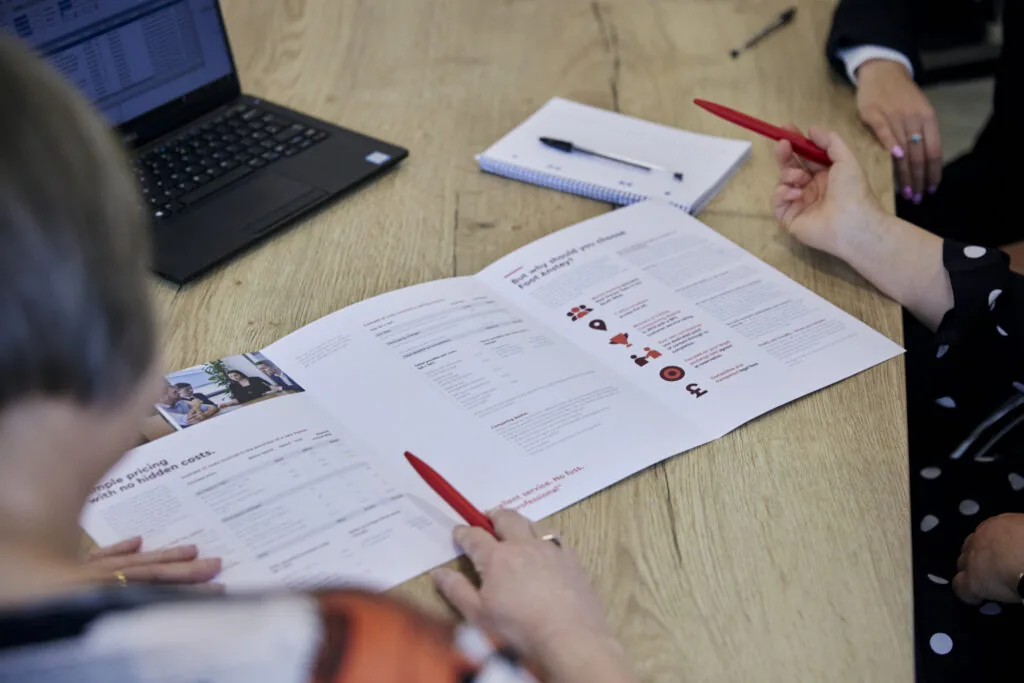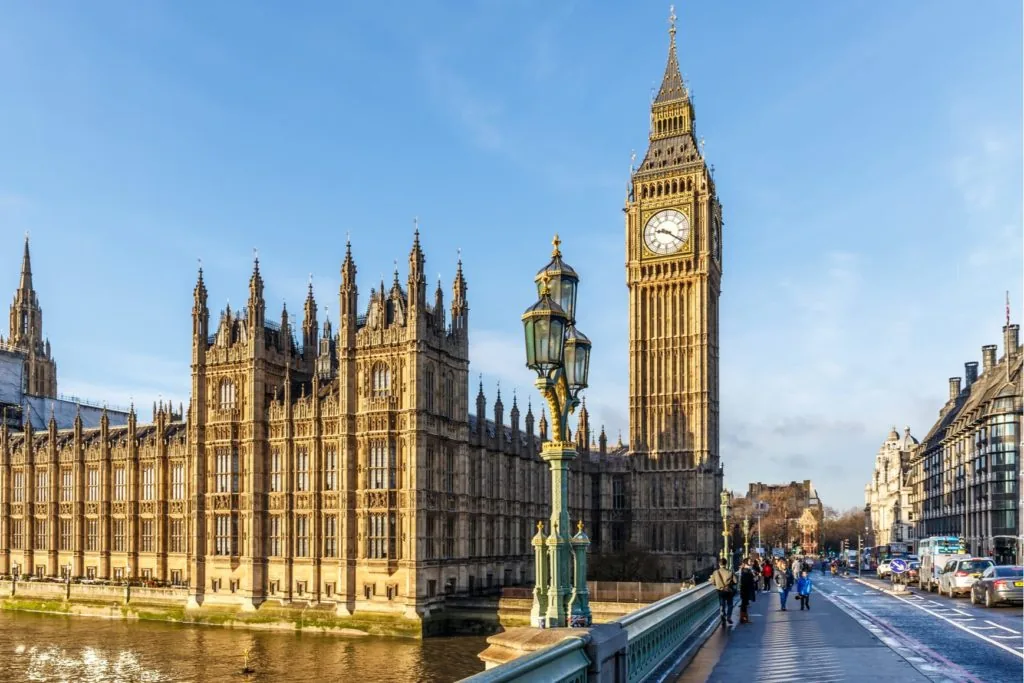
Rahman v Hassan: The elements required for a valid deathbed gift

A case concerning deathbed gifts (donatio mortis causa) has recently come before the High Court. It serves as a useful reminder of the elements required for a valid deathbed gift.
In addition, it provides clarification as to the assets which are capable of passing in this way, and the actions required to validly do so.
Deathbed gifts – what are they?
A gift made by an individual before death, which satisfies four conditions:
- The donor makes the gift in contemplation of their impending death. It is subjective whether or not the donor anticipates death, and the beneficiary has the burden of proving this belief.
- The gift is conditional on death. If the donor recovers, the asset will revert back to the donor. In addition, the donor can revoke the gift at any point up to their death.
- The donor parts with "dominion" over the asset in some way, either by actual delivery or by parting with something which controls the asset or a means of accessing it, or documents evidencing entitlement to possess it.
- The asset is one that is capable of forming the object of a deathbed gift.
The claim
The deceased died on 23 October 2020, leaving a substantial estate which also comprised his wife's estate who had died two weeks earlier. The deceased's last Will was dated 2015. This was proved by the defendants, the deceased's wife's relatives who benefited under its terms.
The claim is that the deceased made deathbed gifts of all his UK assets to the claimant on 15 and 20 October 2020. The claimant got to know the deceased and his wife when he moved to the UK in 2011. He provided them with assistance as they became older, and their health declined. Eventually, he and his family moved in with the deceased.
If the deathbed gifts were effective, the assets would not form part of the deceased's estate to be distributed in accordance with the 2015 Will. By their nature, these claims usually turn on evidence. The only living witnesses to the events claimed to amount to deathbed gifts were the claimant and, to an extent, his wife.
The events
On 15 October 2020, the deceased gave instructions for a new Will, under which the claimant was to be his sole executor and beneficiary.
He explained the change of his beneficiaries from his late wife's relatives – they did not visit or help out and there was a mutual lack of interest in each other. The claimant did not try to prompt, influence, or interrupt the deceased's instructions.
After the meeting, the deceased asked the claimant to bring him bags of documents from his office. The deceased went through each document and explained to the claimant that these related to his bank accounts and properties.
The deceased told the claimant he was doing this because he would die soon and would be giving all these assets to him.
The deceased's health deteriorated and on 20 October 2020 he became agitated that the new Will was not ready for execution. The will draftsman was not due to return until 22 October 2020.
The deceased was actively contemplating his death and asked the claimant to bring him the bags once more. This time the deceased handed over:
- Bank cards, cheque books and gave the claimant log in details to his accounts, including his share-dealing account with Hargreaves Lansdown – containing shares held in dematerialised form, as opposed to the deceased holding share certificates.
- The registered land certificate of his property, and told him where the spare key was (the claimant and his wife already had keys).
- Envelopes containing the long leases of his two flats and documents relating to their registration.
The deceased told the claimant that he now had access to all of the deceased's accounts and everything was his, the property and its contents were his, and that he could receive the rent from the flats or sell them.
On 22 October 2020, the deceased's health was declining, and the will writer had not been able to secure witnesses to execute the new Will. The deceased sent a text message to the will writer and one to a friend, stating that all his assets were the claimant's. The deceased died a few hours later.
The judgment
HHJ Matthews considered that on 15 October, the deceased was simply instructing the claimant as to what he would receive under the new Will. However, that on 20 October, the deceased satisfied the requisite elements and had made valid deathbed gifts of his bank accounts and properties. He had not however made valid deathbed gifts of the chattels within his properties. This is because the deceased had made no attempt to deliver them to the claimant.
Key takeaways – the actions required to part with "dominion" over an asset
Previous case law has made clear that unregistered land can be the object of a deathbed gift, however the position was not clear for registered land. HHJ Matthews held that in principle, registered land can be the object of a valid deathbed gift.
HHJ Matthews held that a land certificate, handed by the deceased to the claimant, represented a transfer of an indicium of title for the purposes of making a deathbed gift. However, had the deceased not had the land certificate, HHJ Matthews set out that an official copy of the register would have sufficed.
The key question is what was the intention of the of the deceased in handing the document over? When considering the documents handed over, did the deceased mean to give the claimant his house? By the same logic, HHJ Matthews held that by handing over the leases and official copies of the register of his flats, the deceased had evidenced his intention to gift these to the claimant.
What does this mean for charities?
Charities should be mindful of this case when considering claims for assets in an estate. Deathbed gifts still very much remain open to challenge and each case will turn on its facts.
If you have any questions about this case, please contact the Contentious Probate team.



















